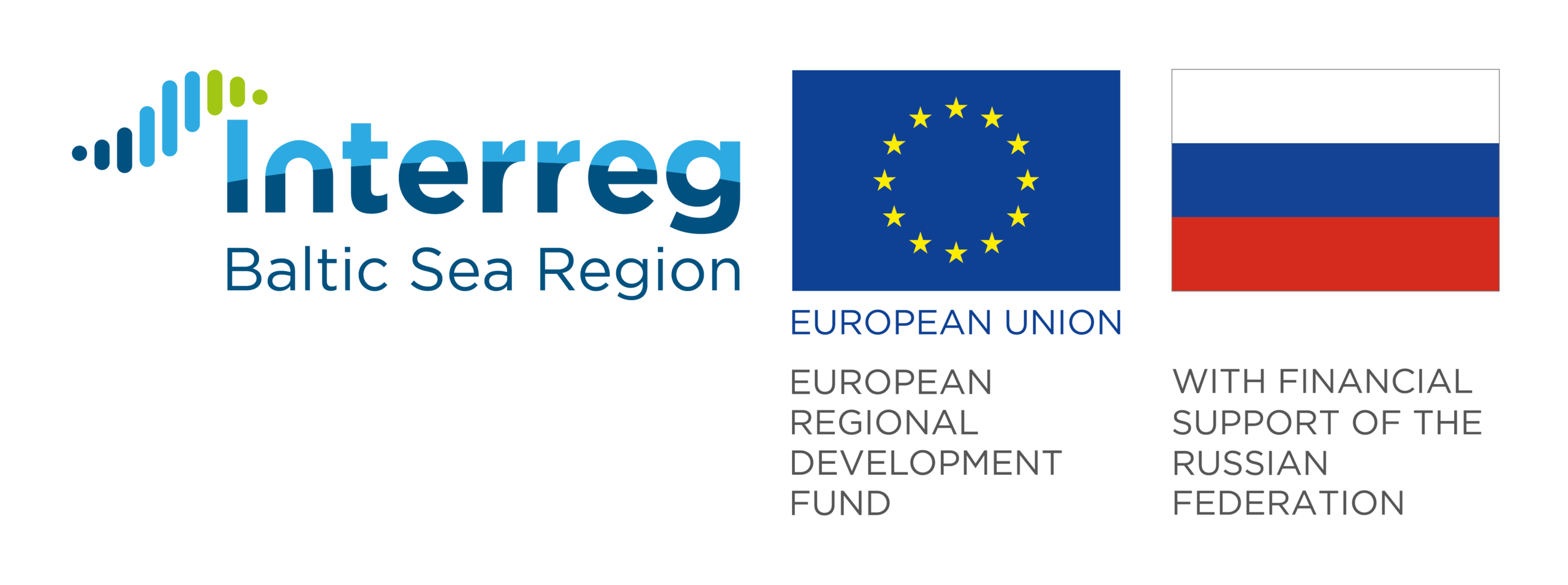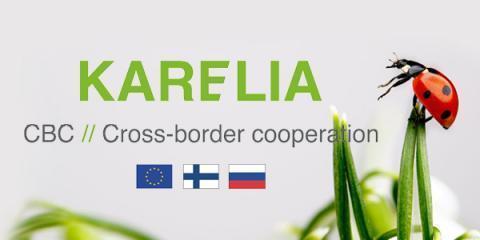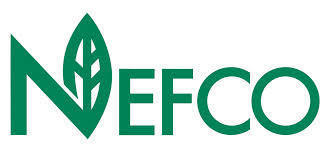"Low Temperature District Heating for the Baltic Sea Region" (LowTEMP)

Project description
Background
The energy demand for heating and cooling in Europe and the Baltic Sea Region is responsible for more than one third of the final energy consumption. Thus, the deployment of more efficient and innovative DH technologies is key to a successful energy management in cities and districts. Efficient DH with LTDH technologies offer new possibilities for increased energy efficiency with reduced fossil energy consumption, which will help to achieve the EU targets in reduction of CO2 emissions.
The LowTEMP project promotes smart and future-oriented heating supply technologies using low temperature grid structures. The targets of the project are in line with the objectives of the Energy Efficiency Directive (2012) and comply to the Renewable Energy Directive (2009) and the Energy Performance of Buildings Directive (2010), which require Member States to develop ambitious policies as regards the use of renewable energy sources and energy efficiency in heating and cooling networks.
The project contributes to the aims of the EU2020, by promoting energy efficiency, the use of renewable sources and reducing CO2 emissions, to national and European spatial development policies as well as the EU Strategy for the Baltic Sea Region (EUSBSR).
The LowTEMP project is supported by the European Union (European Regional Development Fund & European Neighbourhood Instrument) in the frame of the Interreg Baltic Sea Region Programme 2014-2020
Project objectives
The 19 project partners from nine Baltic Sea Region (BSR) countries will make district heating (DH) in their municipalities or regions, but also on a broader scale in other regions, more sustainable by integrating low temperature district heating (LTDH) solutions in their energy supply systems. To achieve this goal, the “Low Temperature District Heating for the Baltic Sea Region” (LowTEMP) project will raise awareness and know-how among the responsible public and private stakeholders about the necessity to deploy sustainable energy supply systems that allow the use of renewable or unused surplus heat and low temperature heat distribution.
LowTEMP will provide district heating stakeholders with know-how and strategic tools on how to plan, finance, install and manage LTDH systems.
The project partners will jointly develop a knowledge platform on DH in the BSR, assess the sustainability effects, analyse business models and funding structures for LTDH, as well as develop a training programme to increase know-how and capacities of responsible stakeholders. In addition, pilot energy strategies will be developed for selected municipalities. Also, project partners will perform pilot tests of low temperature DH technologies and measures.
Project video


